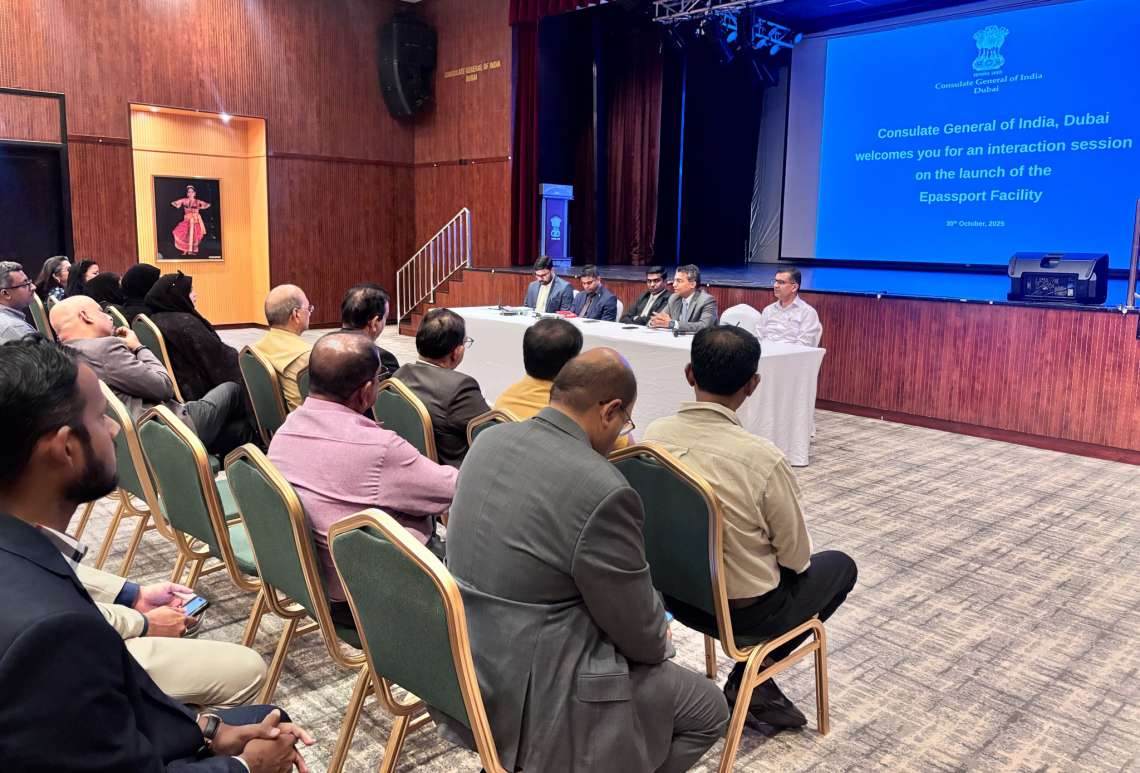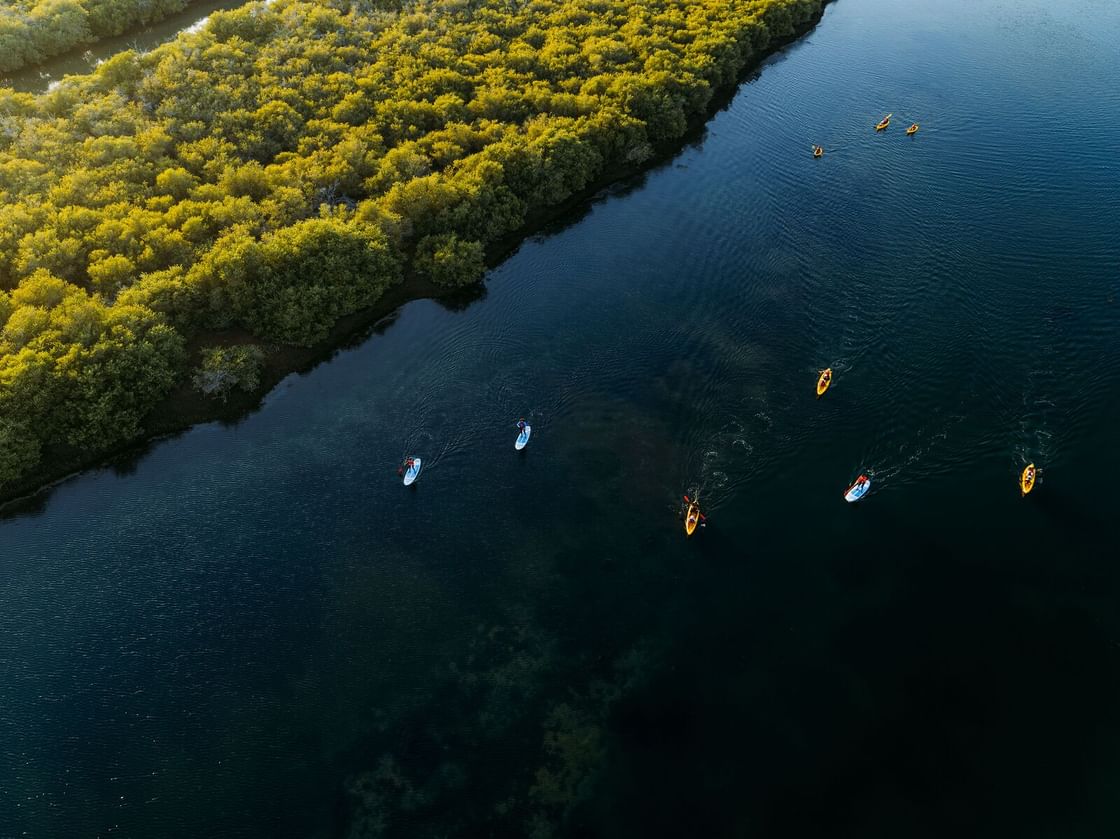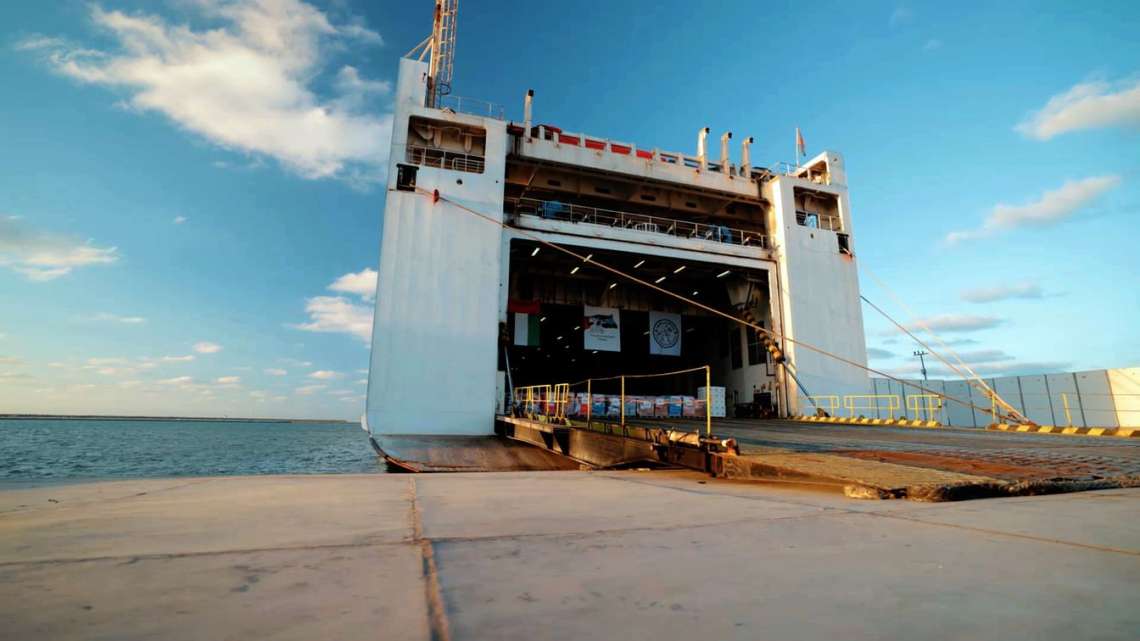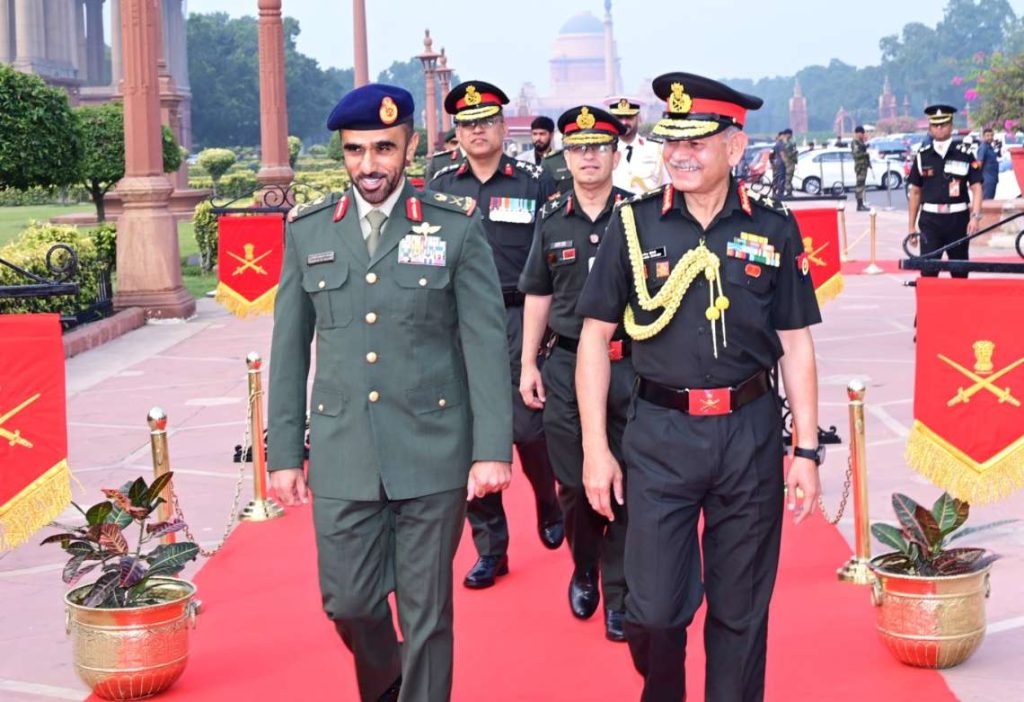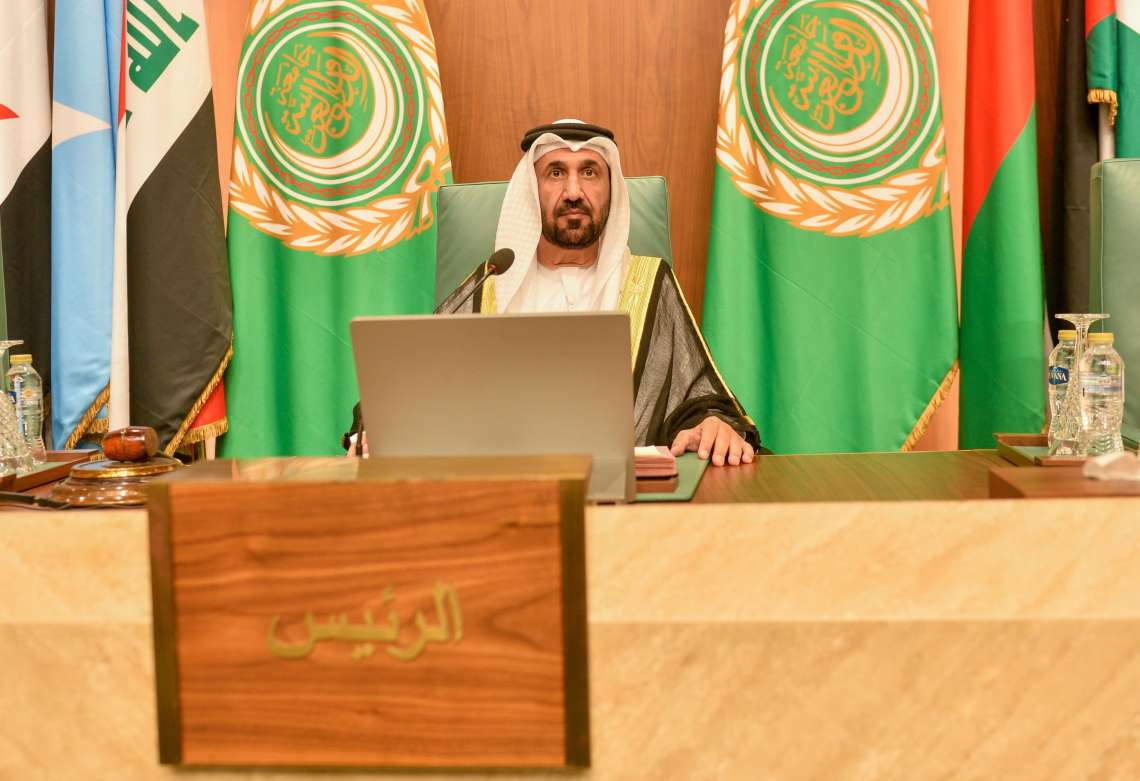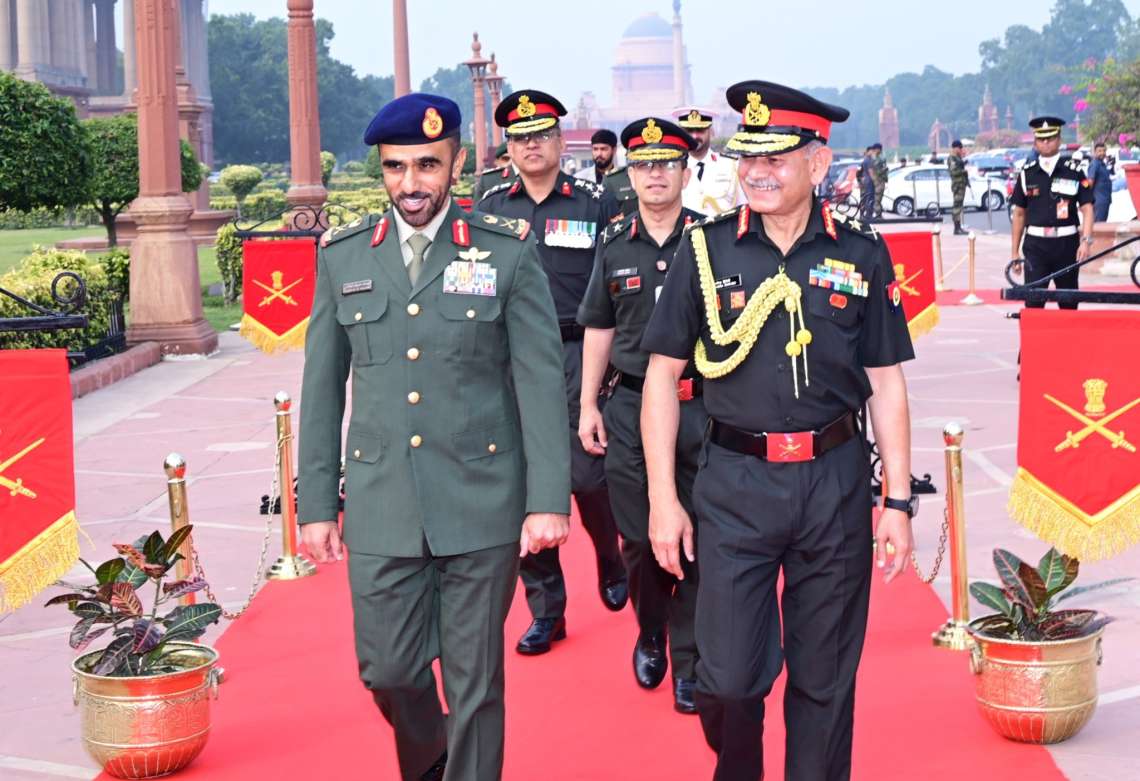India’s missions in the UAE launch chip-enabled e-passports and a streamlined online system, promising faster immigration, reduced paperwork and a smoother experience for more than 4.3 million expats….reports Asian Lite News
The Embassy of India in Abu Dhabi has launched a sweeping upgrade to its passport services for Indian nationals in the UAE, marking one of the most significant modernisations of consular services in recent years. From 28 October 2025, all Indian expats applying for new passports or renewals will receive next-generation e-passports embedded with digital chips, placing Indian travel documents firmly in line with global biometric standards.
The move forms part of the new Global Passport Seva Programme 2.0 (GPSP 2.0), a technology-driven initiative designed to enhance security, reduce paperwork, and streamline the passport application experience for the more than 4.3 million Indians living in the Emirates — the largest overseas Indian community anywhere in the world.
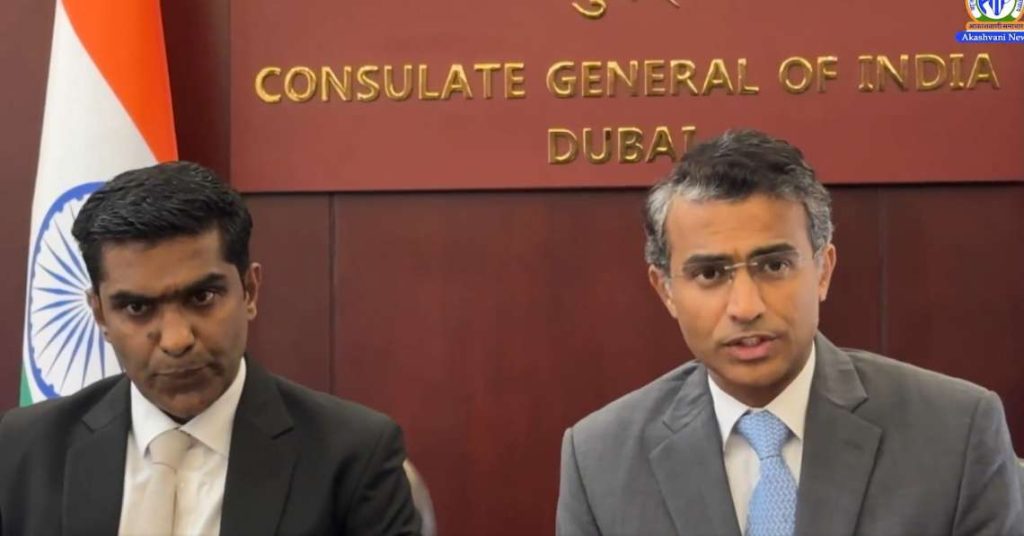
Senior officials said the rollout has been carefully planned to avoid disruption, given the UAE’s status as a major global travel hub and the high daily demand for Indian passport services. Between Abu Dhabi and Dubai, the Indian missions already process around 1,600 passport applications each day, and the new system is expected to handle similar volumes without delay.
At a briefing in Dubai, A Amarnath, Chargé d’Affaires at the Embassy of India in Abu Dhabi, and Satish Kumar Sivan, Consul General in Dubai, emphasised that the transition would be smooth, cost-neutral and user-friendly. Amarnath explained that there would be “no additional charges for applicants”, adding that the upgrade represents a government-funded push to modernise documentation for Indian citizens and improve their travel experience globally.
Chip passports and faster immigration
The new e-passport contains an embedded microchip carrying encrypted digital information about the passport holder, including biometric identifiers. This is expected to speed up processing at immigration counters worldwide, reduce the risk of document tampering, and improve global recognition for Indian passports. For now, officials stressed, applicants will not need to submit fingerprint or iris biometrics; instead, required biometric data will be extracted from the ICAO-compliant photographs submitted with applications.
Amarnath noted that “some of the biometric information embedded in the chip will be captured from the photograph that the person submits”, making compliance with ICAO photo standards essential. Applications without compliant photos, he warned, will not move forward — a procedural shift designed to standardise and expedite security checks.
While the chip has capacity for fingerprints and other data, Sivan clarified that the decision to start collecting full biometric information in the UAE will be taken later by the Government of India. “It depends on the decision of the Government of India to roll out the system in the missions here,” he remarked, underscoring that the system is future-ready but not yet mandatory at the point of application.
Online upgrades and fewer application hurdles
Central to the new system is the enhanced passport portal, mportal.passportindia.gov.in, which now allows applicants to upload their ICAO-compliant photos, signatures and supporting documents directly. Officials are strongly encouraging users to complete their paperwork online before visiting service centres, a shift they say will significantly reduce wait times.
Amarnath explained that for renewals where nothing has changed, the process will be “extremely fast”, adding that “all the details will automatically be fetched in the application form” once an old passport number is entered. In many cases, he said, the application could take under two minutes.
A frequent frustration under the previous system — where even minor mistakes forced applicants to file fresh forms — has also been addressed. Under GPSP 2.0, BLS centres can now correct small errors at no extra cost, reducing delays and inconvenience, particularly for workers unfamiliar with digital forms.
Sivan noted that while the service is increasingly digital, the system is designed to remain inclusive. Applicants less comfortable with online processes, including blue-collar workers, can still access assistance at BLS centres, typing offices, community centres or through company HR desks.
Transition without disruption
Applicants who completed forms on the old system before the switch will not be required to resubmit. Those applications will still be accepted and processed, though they will receive traditional passports rather than the new e-passports unless they reapply voluntarily via the new portal.
Officials stressed that Indian expats do not need to switch to an e-passport unless renewing or updating personal details. Newborn passports and all renewals filed after 28 October will automatically be issued as e-passports.
“We wanted to be extremely sure that the system is not going to create any problems for the community,” Sivan said, noting the scale and importance of Indian travellers in the UAE.
For the world’s largest diaspora community in one of the planet’s busiest transit hubs, the upgrade is being framed not just as a technological step forward, but as a statement of administrative confidence and modern national identity — and one that promises a more efficient future at airport counters from Dubai to Delhi.

